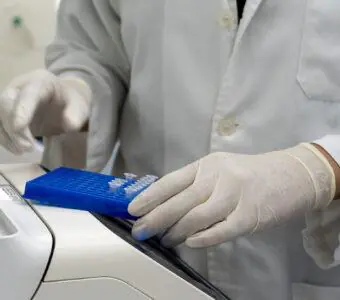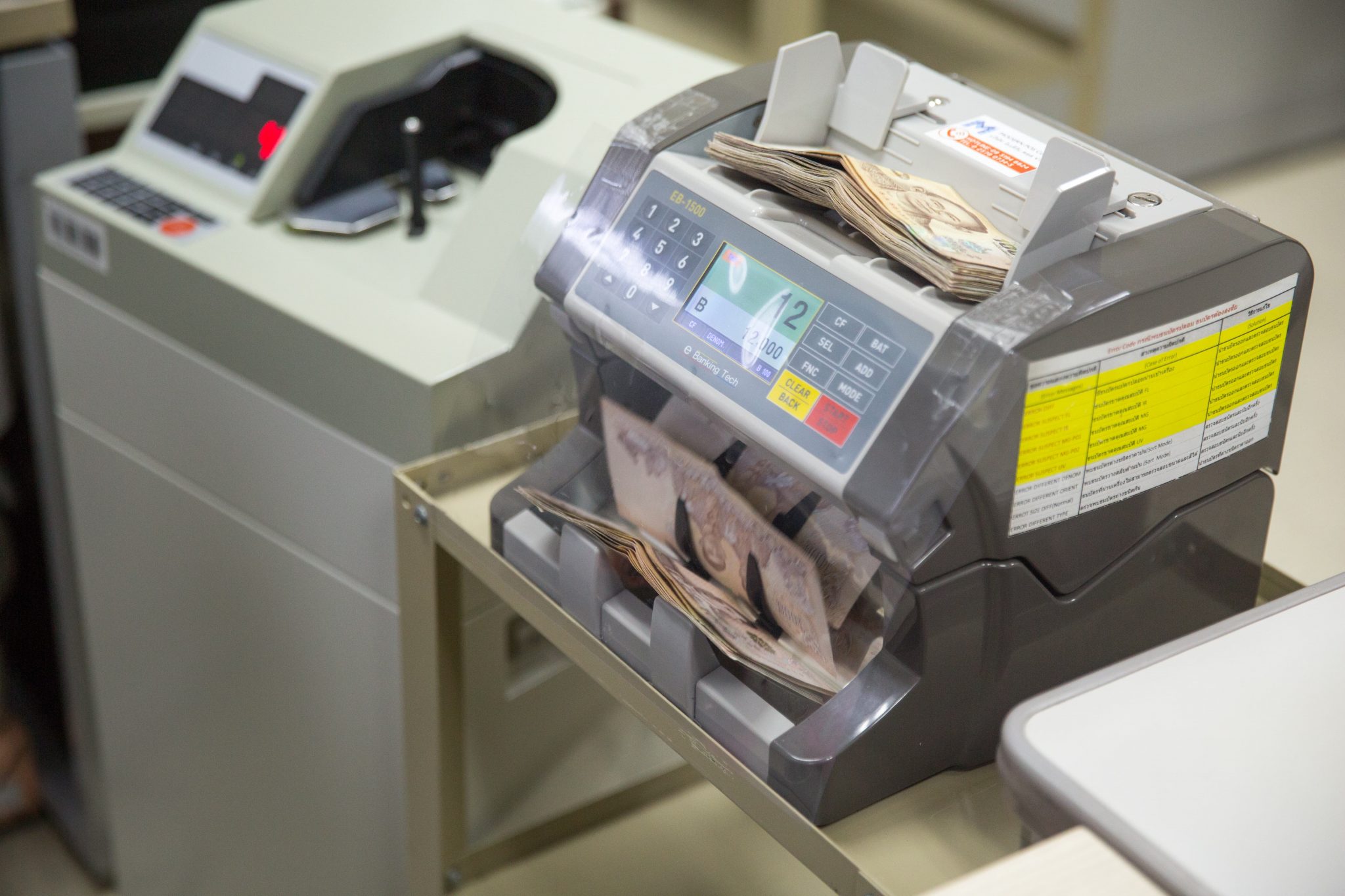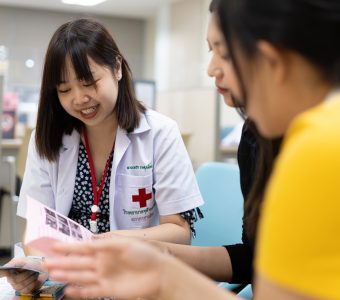The Department of Parasitology, formerly known as “Parasitology”, was initially a unit of the Department of Pathology. Parasitology is the study of diseases caused by parasites in other living organisms, such as humans, and the study of relationships between hosts and parasites. Parasitology is, therefore, considered an essential subject in the study of medicine. The National Education Council decided to isolate the Department of Parasitology from the Department of Pathology on January 10th 1967, with Professor Dr. Arnon Pratatsunthornsarn appointed as the first Head of Department.
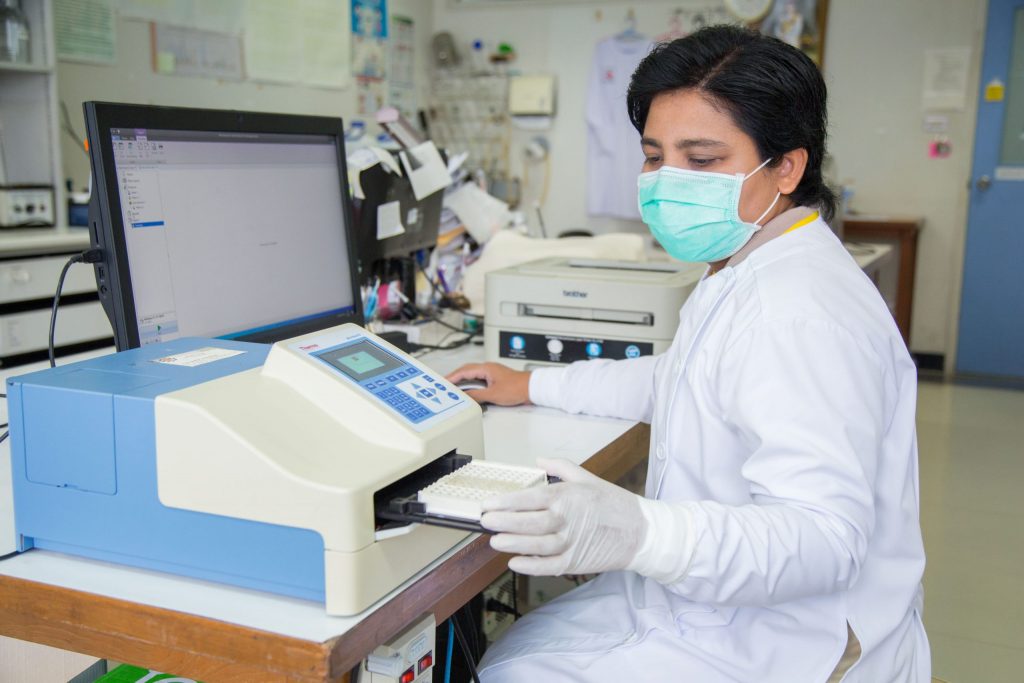
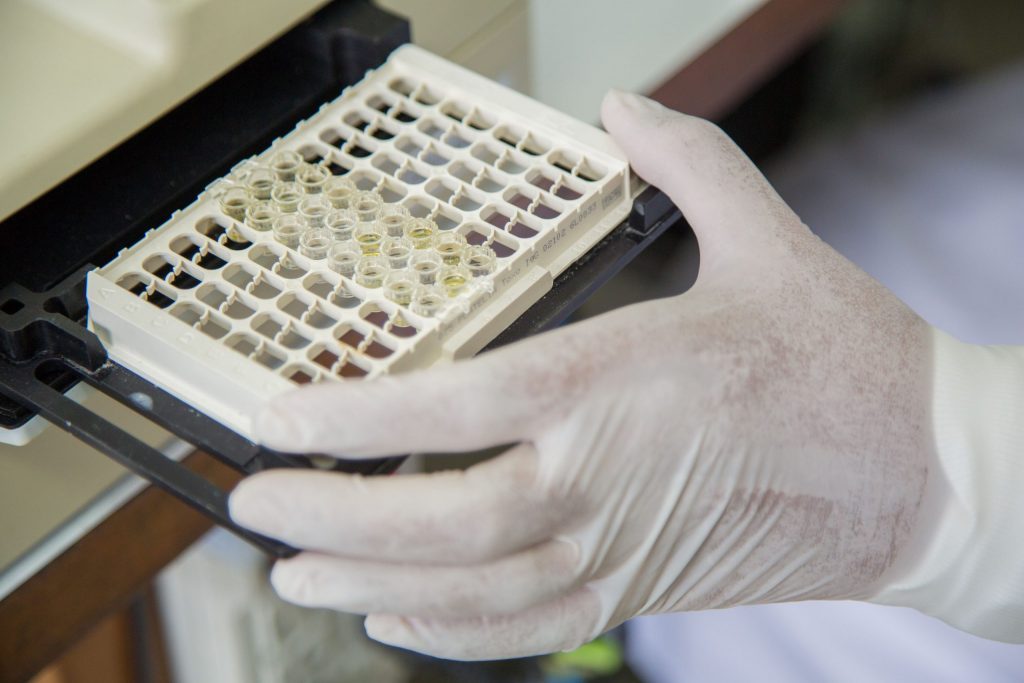
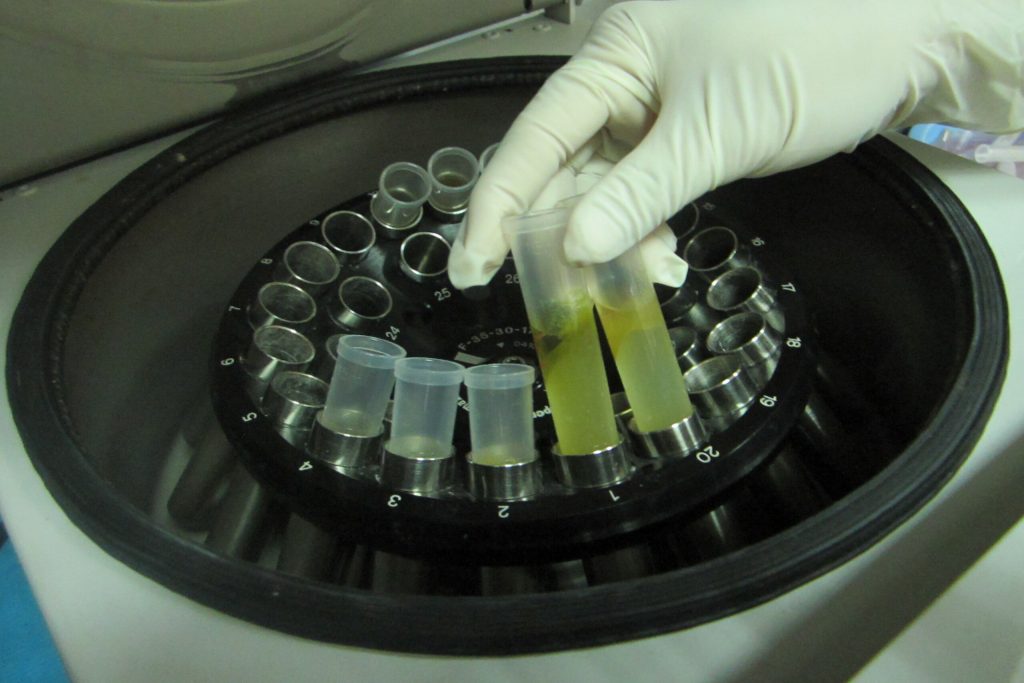
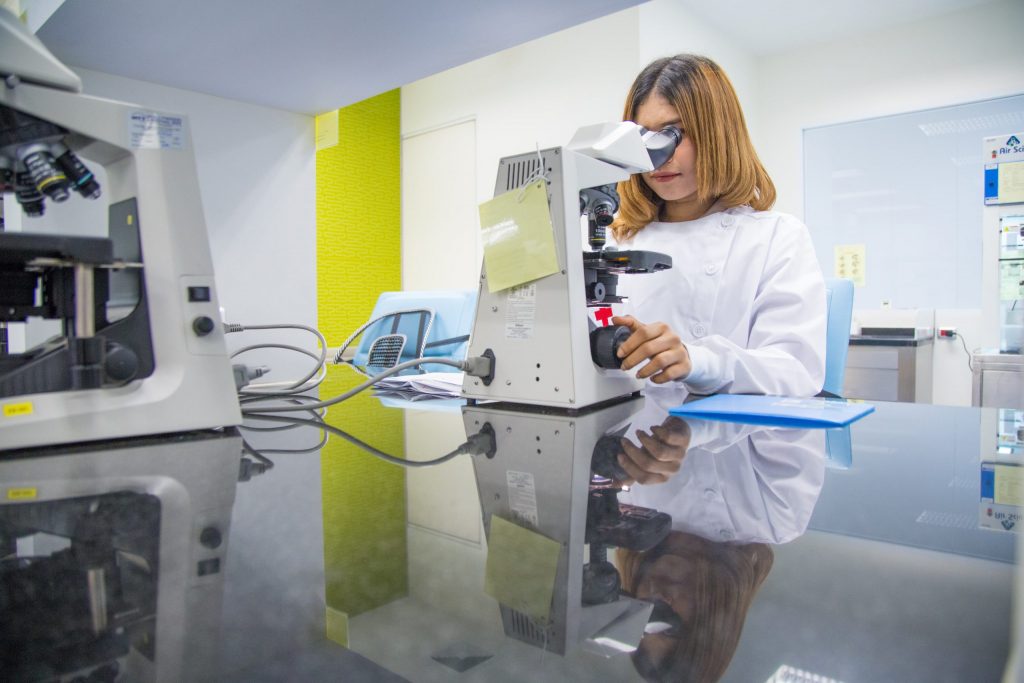
Vision
The Parasitology Laboratory is committed to developing an excellent service of international standards to provide patients with accurate diagnoses and timely services. Our priority is to ensure that patients are confident and satisfied with the quality of our services.
Mission
The mission of the Department of parasitology is to provide standard, trustworthy, and quality services meeting international standards.
The Department of Parasitology is divided into four sections as follows;
- Patient services.
- Academic services.
- Education and research.
- Administration.



Services
For the patient services, The Parasitology Department has broken down the disease examinations service into two subdivisions as follows;
- Parasitic disease examination services at 14th Floor, Bhor Por Ror Building, .
- Parasitic Lab examination services.
The Parasitology laboratory can be divided into
- Parasitology Laboratory, 4th Floor, Bhor Por Ror Building.
Outpatient services and general health checkups for patients going abroad. - Parasitology Laboratory, 3rd Floor, Bhumisirimangalanusorn Building.
Providing inpatient services and health examinations. - Parasitology Laboratory, 18th Floor, H.M. King Ananda Mahidol Building.
Providing examination services that require special techniques, including cultures, dyeing, immunological testing and molecular biology examinations.
The Parasitology Laboratory
The Parasitology Laboratory provides testing services that can be split into six main categories with a total of 27 tests as follows;
1. Diagnosis by parasitological methods including;
- Routine stool examination.
- Blood filariasis testing via Giemsa stain or the DEC provocative test.
- Screening malaria in the blood via Giemsa stain technique.
- Pinworm examination via the Scotch tape technique.
- Parasite identification e.g. Parasitic worms and bugs.
2. Immunological examination
2.1 Antigen Examinations including;
- Filaria specific antigen.
- E. histolytica antigen from pus or stools.
- Giardia lamblia antigen.
- ICT for malaria.
2.2 Antibody Examinations including;
- Toxoplasma IgG and IgM antibody
- Taenia solium IgG antibody
- IFA for Pneumocystis jirovecii
3. Protozoa examinations and with special staining/dyeing
- Stain for Pneumocystis jiroveci
- Stain for Microsporidium
- Stain for Cryptosporidium, Cyclospora, Cystoisospora
4. Culture of Helminths and Protozoa
- Agar plate culture for Strongyloides & hookworm
- Culture for E. histolytica/E. dispar, T. vaginalis
- Culture for Trichomonas vaginalis
- Culture for free-living amoebae
5. Molecular biology diagnostics (PCR)
- PCR for malaria
- PCR for Pneumocystis jiroveci
6. Other examinations including;
- Stool examination for hemoglobin (ICT for occult blood).
- Hemoglobin levels in the stool samples (Fecal free hemoglobin level).
- Fat in stool examination (Stain for fat by Sudan stain).
Services of the Parasitology Department have received various qualifications and certifications as follows;
- Certified Laboratory in clinical microscopy from the Department of Medical Sciences, Ministry of Public Health From January 31st, 2010 to the present.
- Certified laboratory capabilities, according to ISO 15189: 2012 and ISO 15190: 2003 from December 19th, 2013, to the present.
- Certified by the institution for quality assurance. (Public Organization) from the December 12th, 2017 – December 11th, 2020.
- Certified by the Royal College of Pathologists of Thailand from February 15th, 2019 – February 14th, 2022.

ปริสิตจุฬาฯ บริการด้วยใจ
มั่นในมาตรฐาน งานมีคุณภาพ
มุ่งพัฒนาสู่สากล








